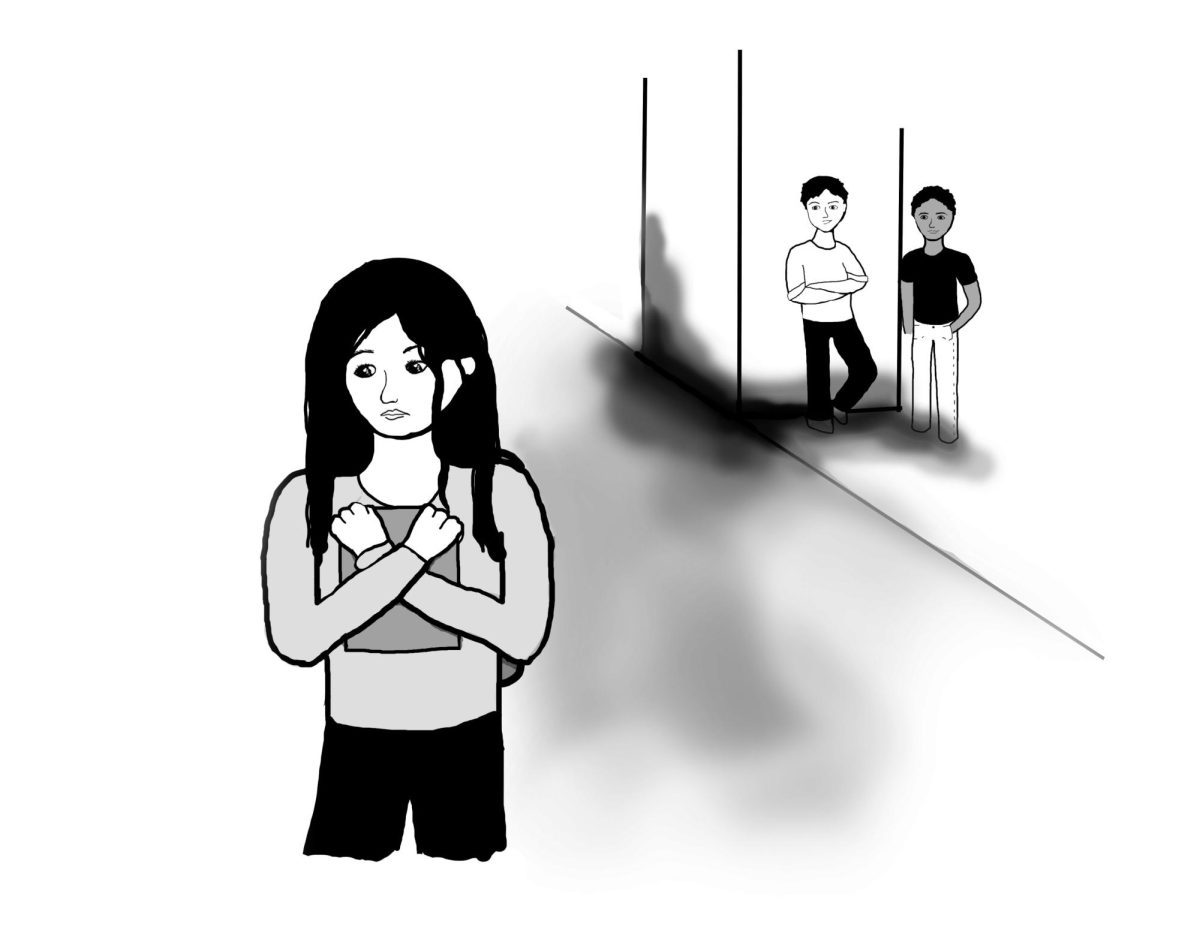
As the second semester continues, seniors at Whitman find themselves asking, “What next?”
When planning for life after college, there are many factors to consider. What do you want to do? What are you qualified to do? And how are you going to support yourself? These are a few of the questions running through the minds of the class of 2010.
When asked about their plans for life after Whitman, many seniors seem to sigh and shake their heads. Math-economics major Karina Kidd met the question head-on.
“I think there is an aura of emotional energy about senior year that continually heightens as the year goes on,” she said in an e-mail. “It’s all about the pressure to find a meaningful career right away, to find a way to support yourself and to come to terms with the fact that you will have to deal with all these major life changes without tolerant, loving, fun Whitties surrounding you.”
Although there are seniors who do have their lives figured out, the planning process can be scary and extremely stressful. Moving from Whitman into the world beyond the “bubble” is a huge step. In undergraduate school, students are given a place to live, food to eat, people to spend time with and activities to participate in: everything is pre-planned. After college, that structure disappears, and the responsibility becomes your own as you trade meal plans for grocery lists and dining halls for tiny kitchens.
The transition from Whitman to the real world starts at the planning process, which can be tough because of its unfamiliarity. Spenser Meeks, a chemistry-environmental studies major, understands the difficulties of this switch.
“It’s hard to get your mind out of homework mode into planning ahead,” said Meeks.
BBMB major Kendra Vandree has a different perspective on the planning process.
“I applied early to [Teach for America] and Peace Corps, and the [Resident Director] application only just became available so I’ve not been too overwhelmed with applications during the school year,” she said in an e-mail. “If none of those things work out, it would give me complete freedom to pursue some of my other more random interests for a while.”
Now that the senior class is finishing with oral and written examinations, the focus has begun to shift to the question that still lingers: “What happens next?” In today’s society and especially today’s economy there is an emphasis on finding a job that is lucrative rather than simply enjoyable. However, sacrificing passion for paychecks is something Whitties seem reluctant to do.
Meeks, an avid member of the drama club, understands this struggle between loving what you do and making a living.
“I love theater, but science is the best way for me to make a change in the world,” he said.
Meeks’ decision to pursue science over drama was motivated financially as well as by his desire to impact society.
“I do want to have a job where I don’t have to worry about making the rent . . . money is a concern,” he said.
Spenser expressed his concern over making money. He did not, however, seem to think that reconciling making money and being happy were completely incompatible. Both Kidd and Vandree echoed this faith.
“I believe that if you find something you truly love to do and you are wildly passionate and determined about it, you can find people who will want to fund that or you will figure out how to make it work,” said Kidd.









